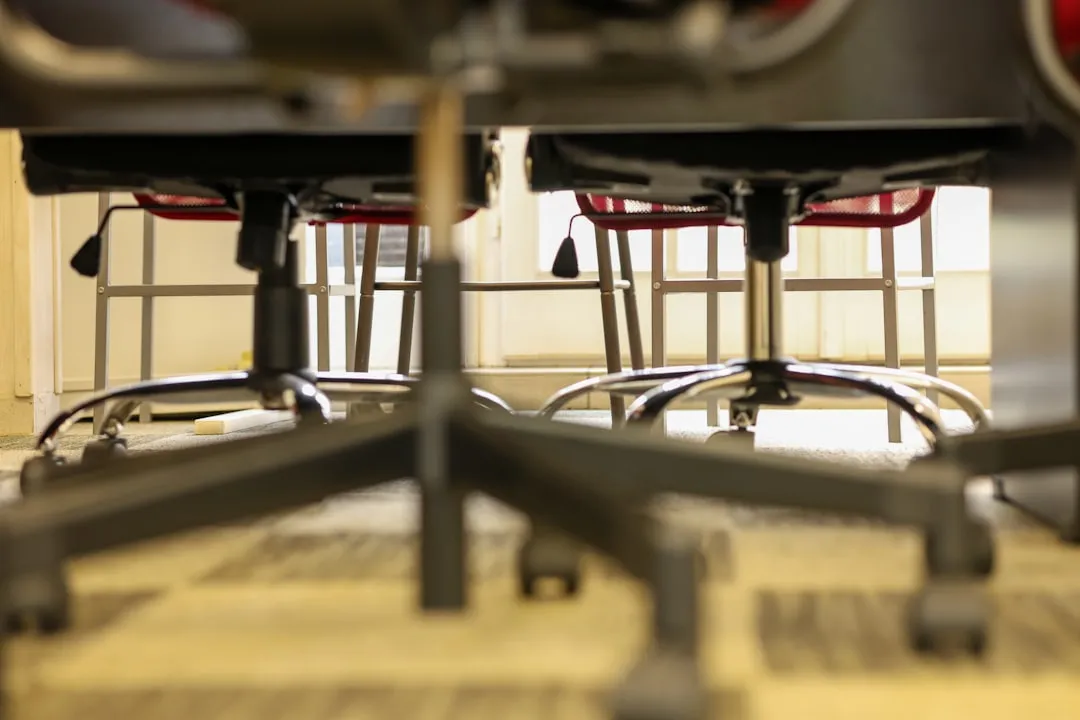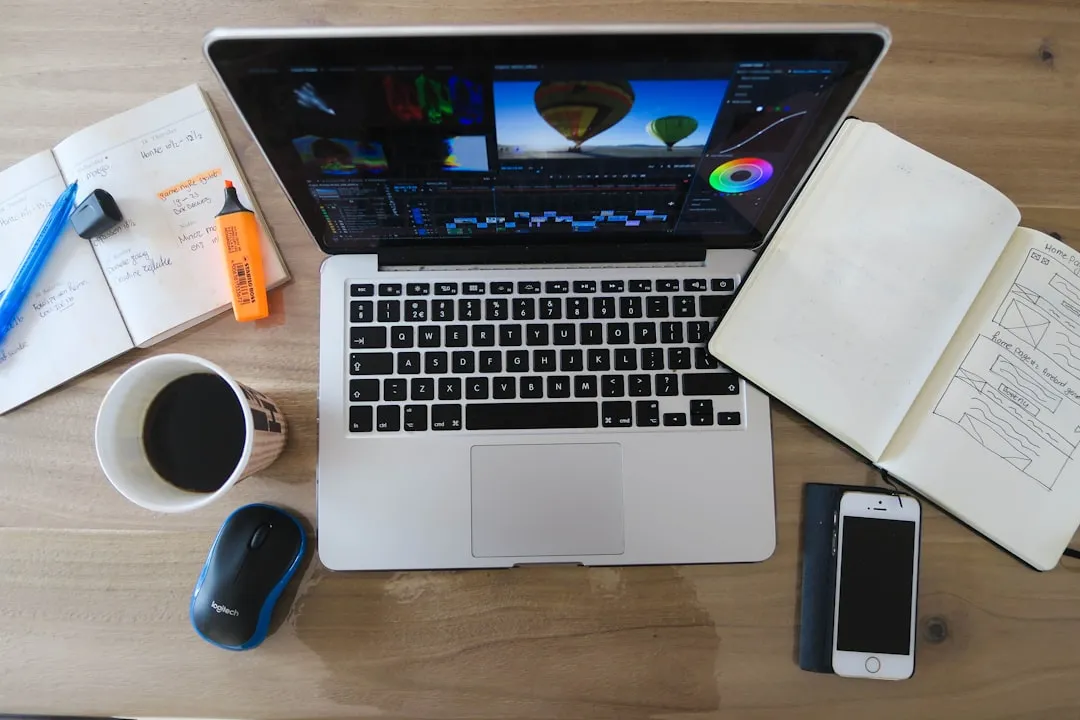Recruiting great engineering staff can be a minefield. The skills and competencies required can be so specialised that you need to employ interview techniques that thoroughly assess candidates' abilities and give you the best information to make the most informed hiring decision.
So, today we're going to delve into some interview best practices that will give you all the information you need to select the best people for your business.
Understanding The Role Of An Engineer:
Before diving into interview techniques, it's essential to understand the role of an engineer.
Engineering positions encompass a wide range of disciplines, from civil and mechanical engineering to software development and electrical engineering.
Each discipline requires specific skills and competencies.
For example, a mechanical engineer should have expertise in CAD software and design principles, while a software developer should possess programming knowledge and problem-solving skills.
Stay up-to-date with the latest advancements in engineering to effectively evaluate candidates' suitability for the role.
Preparing For The Interview Process:
To conduct effective interviews, adequate preparation is key.
Start by analysing the job description and mapping out the required competencies.
This will help you create a structured interview process and set clear evaluation criteria.
By defining what you're looking for in a candidate, you increase the chances of making accurate assessments.
Behavioral-Based Interview Questions:
Behavioral-based interviewing is a valuable technique for evaluating engineering candidates.
It focuses on past behavior to predict future performance. Ask candidates to provide specific examples of their experiences, such as how they handled a challenging project or resolved a technical issue.
For instance, you might ask:
"Tell me about a time when you encountered a significant engineering obstacle. How did you approach it, and what was the outcome?"
By asking behavioral questions, you can assess problem-solving skills, collaboration abilities, and how candidates handle pressure.
Technical Assessments:
The importance of technical assessments cannot be overstated when evaluating engineering candidates.
These assessments provide valuable insights into candidates' technical proficiency and their ability to apply knowledge in practical scenarios.
Consider incorporating coding exercises, design challenges, or simulations that simulate real-life engineering situations.
For instance, you might ask candidates to design a bridge or solve a complex programming problem.
By assessing their technical skills, you can determine their suitability for the role.
Evaluating Soft Skills:
While technical skills are crucial for engineering positions, soft skills are equally important.
Engineers often work in teams, collaborate with stakeholders, and communicate complex ideas.
During interviews, assess candidates' communication, collaboration, leadership, and adaptability skills.
Ask questions like:
"Describe a project where you had to collaborate with a multidisciplinary team. How did you navigate different perspectives and ensure successful outcomes?"
Evaluating these skills helps ensure candidates can thrive in a team-oriented engineering environment.
Case Studies and Project Presentations:
Incorporating case studies and project presentations into the interview process provides a comprehensive assessment of candidates' analytical thinking and decision-making abilities.
Provide relevant case studies or ask candidates to present their past engineering projects.
This allows them to showcase their problem-solving skills, demonstrate their approach to complex challenges, and articulate their technical decisions.
Effective Evaluation Techniques:
To maintain consistency and objectivity in evaluations, adopt structured evaluation rules to use in every interview.
Define clear rating scales and criteria to assess candidates' performance.
Additionally, consider utilising multiple interviewers to gather different perspectives and insights.
Each interviewer can focus on specific competencies, resulting in a well-rounded evaluation.
Remember to take detailed notes and document key observations during interviews to aid in decision-making.
Handling Unconscious Bias in Interviews:
Unconscious bias can unintentionally influence hiring decisions.
It's crucial to recognise and address bias in the interview process.
Use structured interview questions that focus on candidates' qualifications and experiences rather than personal attributes.
For example, instead of asking about a candidate's hobbies, ask about their engineering accomplishments.
Provide training to interviewers to help them recognise and mitigate unconscious bias, promoting fairness and inclusivity in the hiring process.
Conclusion:
Effective interview techniques are instrumental in evaluating engineering candidates and finding the best fit for your organisation.
By understanding the role of an engineer, preparing for the interview process, utilising behavioral-based questions, conducting technical assessments, evaluating soft skills, incorporating case studies, and handling unconscious bias, you can enhance the accuracy and effectiveness of your hiring decisions.
Stay committed to continuous improvement in your interviewing process, ensuring your organisation attracts top engineering talent.
Implementing these techniques will help you identify exceptional engineering candidates who possess the necessary technical expertise, soft skills, and problem-solving abilities to drive innovation and success in your organisation.
Remember, finding the right engineering talent is a journey, and these interview techniques serve as your compass to guide you in making informed hiring decisions.
So, embrace these strategies, refine your interview process, and unlock the potential of engineering candidates to create a thriving workforce in your organisation.


















